VAT, tax hikes: Short-sighted state policies to hurt people
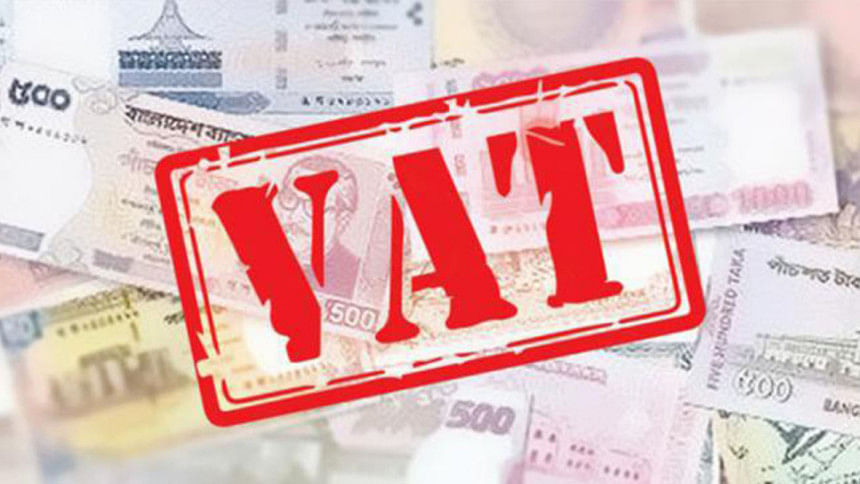
The recent decisions of the interim government -- tax hikes and the suspension of the TCB truck sale program -- clearly reflect the short-sightedness and inconsistency in the state's policies. The first decision raised taxes on more than a hundred products, which is highly concerning for the general public. The current high level of inflation has already placed significant financial pressure on the common people, and increasing taxes in this context will create even more strain. As a result, the prices of goods in the market will rise, which will create severe challenges for the poor and middle classes.
It is truly surprising and concerning that the current government is increasingly relying on indirect taxes to boost revenue. Indirect taxes generally put pressure on the general population because they are directly linked to the price of goods or services, and the public bears the entire burden. Especially when inflation has reached alarming levels and people's purchasing power is decreasing, increasing such taxes will make life even more difficult for the poor and middle class. However, if the government rethinks its revenue policy and takes steps to collect more taxes from the wealthy, it could be more effective.
Currently, some wealthy individuals and companies evade taxes or enjoy various forms of tax relief. Even though they sell high-priced goods and services, they are not properly taxed on their income and wealth. This inequality erodes social justice and trust and is harmful to the national economy. If the government took more stringent measures in its tax management and collected due taxes from the tax evaders, it could strengthen its revenue. In particular, the government has a responsibility to investigate and take legal action against those who illegally evade taxes.
Thus, if the government reduced its reliance on indirect taxes and increased the collection of taxes from the wealthy through direct taxes, it could make the country's economy more balanced and stable. Reducing economic inequality among the people and working on a foundation of fairness in revenue management could bring long-term success to the government. However, if the government continues to place additional pressure on indirect taxes, it could prove harmful not only to the common people but also to the economic stability of the country.
On the other hand, the decision to suspend the TCB truck sale program is deeply concerning. This program was an important means of supplying affordable goods to the poor. In a time when inflation has reached a critical level and people's incomes are unstable, the government could have used this program to provide more assistance to the poor. However, the government's decision contradicts the reality that should be aligned with such a program. By suspending the TCB program, the scope of assistance to the poor has been reduced, which fundamentally creates a sharp contrast between the government's economic policy and the needs of the people. This decision will not only make life more difficult for the poor but also challenge the trust and confidence of the public in the government.
These decisions clearly demonstrate that the government lacks proper coordination between its monetary policy, revenue policy, and market management. The government should have taken effective measures to increase assistance for the poor and general population during this period of high inflation, while also ensuring market stability. However, in this situation, the government has taken harsher steps, which will only increase the people's suffering. The government should have revised its revenue policy to avoid placing additional pressure on the affected populations, and instead focus on increasing revenue by taxing the wealthy. Hopefully, the government will soon exercise sound judgment and make effective and positive decisions that take into account the real needs of the people.
Selim Raihan is the executive director of SANEM

 For all latest news, follow The Daily Star's Google News channel.
For all latest news, follow The Daily Star's Google News channel. 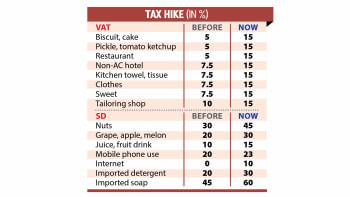
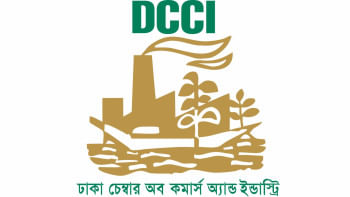


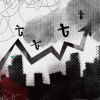



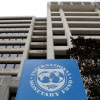


Comments